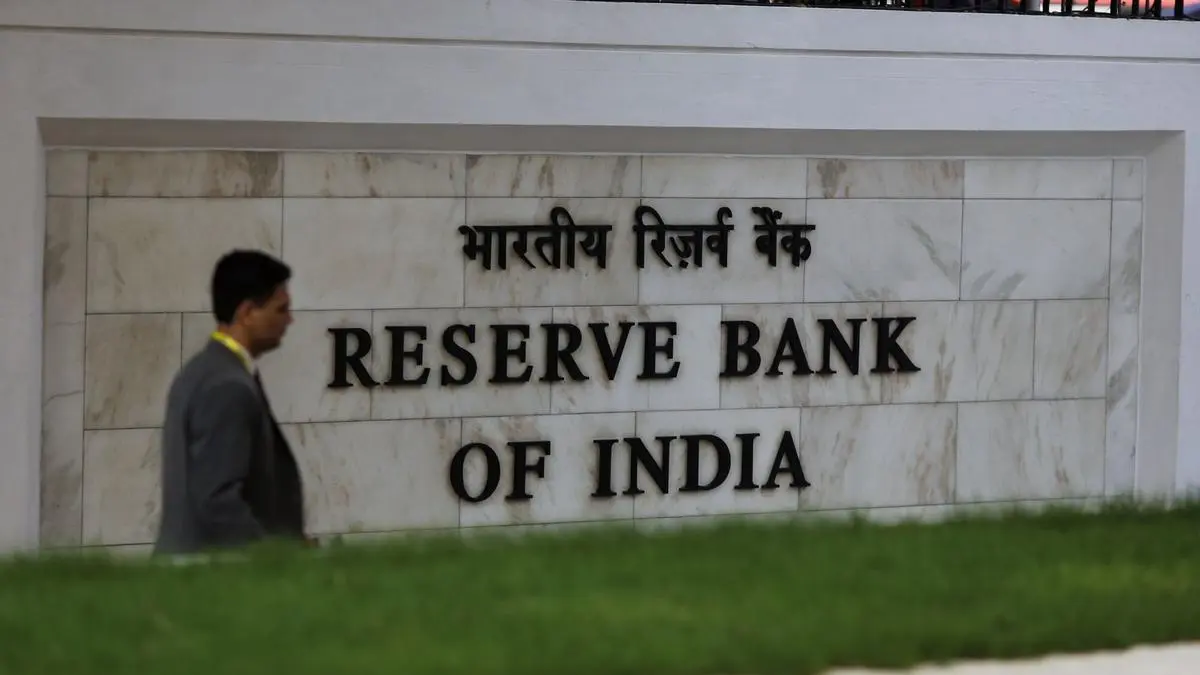Trump's Economic Advisor Slams Jamie Dimon's Recession Fears: 'A History of Missed Calls'

A heated exchange has erupted between a key advisor to former President Donald Trump and JPMorgan Chase CEO Jamie Dimon, one of America's most influential bankers. Scott Bessent, a Treasury Secretary under Trump and a prominent figure in conservative economic circles, has publicly dismissed Dimon's recent warnings of a potential bond market crisis and a looming recession.
Dimon, known for his cautious and often pessimistic outlook, has repeatedly cautioned about the challenges facing the US economy, citing factors such as persistent inflation, rising interest rates, and geopolitical instability. He has suggested that the market is underestimating the risks and that a significant downturn is possible.
However, Bessent isn't buying it. In a surprisingly direct challenge, Bessent stated that Dimon's predictions have consistently proven inaccurate throughout his career. He argues that Dimon's warnings are more about generating headlines than providing sound economic analysis. “Throughout his entire career, he’s made predictions, and none of them have come true,” Bessent reportedly said, adding a layer of personal critique to the professional disagreement.
This isn't the first time Dimon has sounded alarms about the economy. He's been warning about a potential recession for months, although he has also acknowledged the US economy's resilience. His comments often carry significant weight as they influence market sentiment and inform investment decisions.
Bessent's counter-argument taps into a broader debate about the role of CEOs and financial leaders in shaping economic narratives. While Dimon's warnings are often seen as prudent risk management, Bessent’s criticism suggests a belief that such pronouncements can create unnecessary fear and volatility.
The Bond Market and Recession Risks: A Closer Look
Dimon’s concerns center largely on the bond market. Rising interest rates, a key tool used by the Federal Reserve to combat inflation, have significantly impacted bond yields. Higher yields make borrowing more expensive for businesses and consumers, potentially slowing economic growth. A sharp rise in yields can also trigger a sell-off in the bond market, leading to losses for investors and potentially destabilizing the financial system.
The possibility of a recession, while not guaranteed, adds another layer of complexity to the economic picture. A recession is typically defined as two consecutive quarters of negative economic growth. While the US economy has shown surprising strength in recent months, many economists believe that a slowdown is inevitable as the effects of higher interest rates continue to ripple through the economy.
The Clash of Perspectives: What It Means for Investors
The public disagreement between Bessent and Dimon highlights the uncertainty surrounding the economic outlook. Investors are caught between the potential for continued growth and the risk of a significant downturn. It's crucial to diversify investments, manage risk, and stay informed about economic developments.
Bessent's challenge to Dimon’s predictions could be interpreted in several ways. It might be seen as a partisan attack, or it could be a genuine disagreement about the state of the economy. Regardless of the motivation, the exchange underscores the importance of critically evaluating economic forecasts and making informed decisions based on a variety of perspectives.
The coming months will be crucial in determining whether Dimon's recession fears materialize or whether Bessent's optimism proves to be more accurate. The bond market and overall economic performance will be closely watched for any signs of a slowdown.






